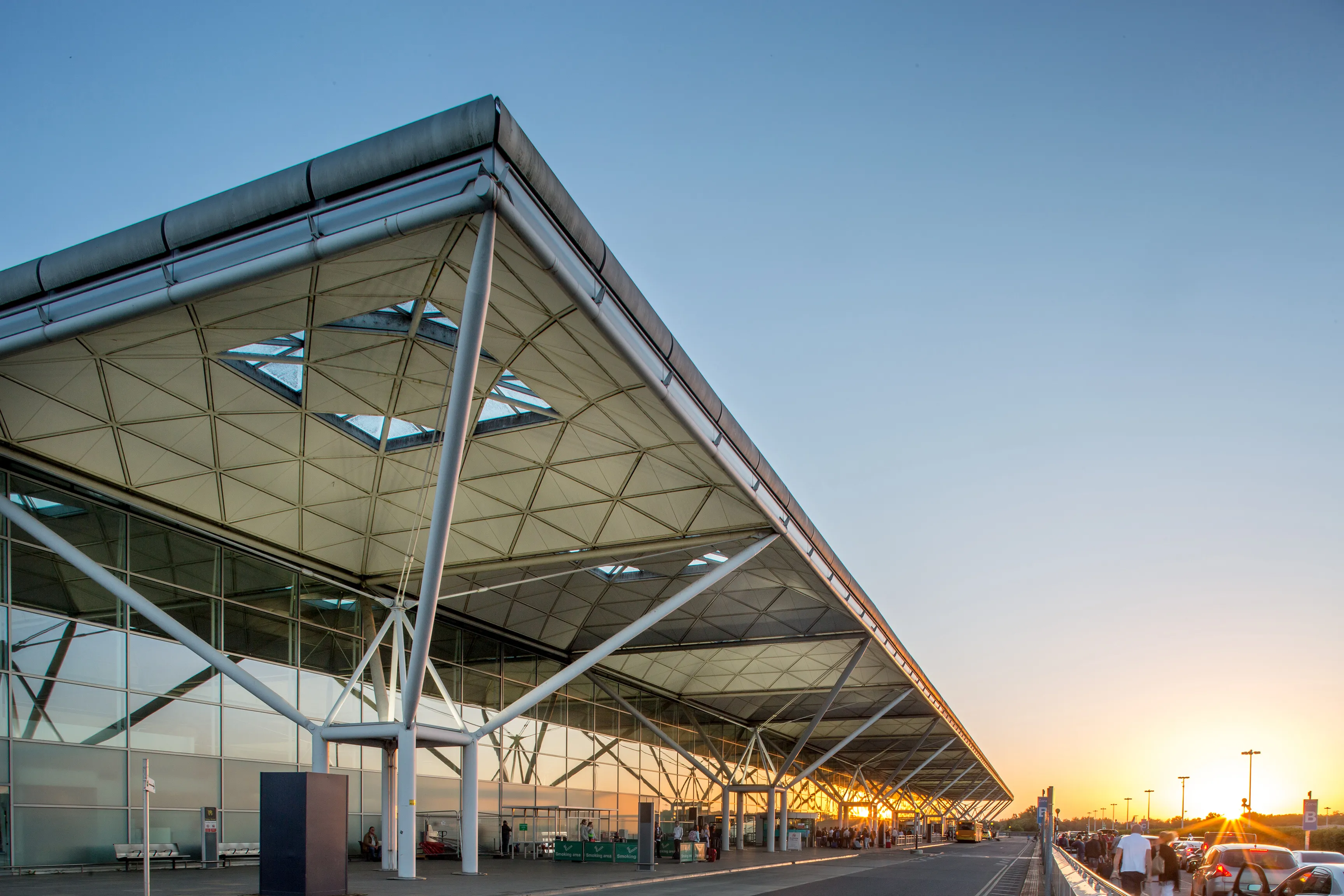The
Developed by UK-company
A sticker on each machine warns any would-be thief or vandal that SmartWater has been deployed by the Council, which is the first local authority in the UK to protect P&D terminals using the technology.
"Hopefully, the sticker itself will deter thefts but if someone does, nevertheless, attempt to remove the parking meter or get into the cash box, they should be prepared to be sprayed with SmartWater," said Cllr Barry Abraham, IWC cabinet member with responsibility for community safety.
The traps have been deployed in an initiative involving agencies from the IW Crime and Disorder Reduction Partnership (CDRP), including the Council and police, along with SmartWater and Parkeon. Both companies spent time on research and development to create a bespoke trap for the Island’s P&D machines.
“The DG-Series machines were widely recognised as the most secure on the market when they were installed in 1995. However, our latest machines are even more secure, thanks to the efforts of Parkeon’s dedicated, full-time security team”, explained Bob Barnes, Parkeon’s UK Parking Director in welcoming this initiative. “We are constantly re-evaluating the challenges that we face from the criminal fraternity and our objective is to be ahead of it at all times.”
Chief Inspector Mark Bell from Hampshire Constabulary stated, "SmartWater can forensically link the culprit to the offence and we welcome the use of the technology to prevent crimes and to help the police to catch and convict any further offenders."








